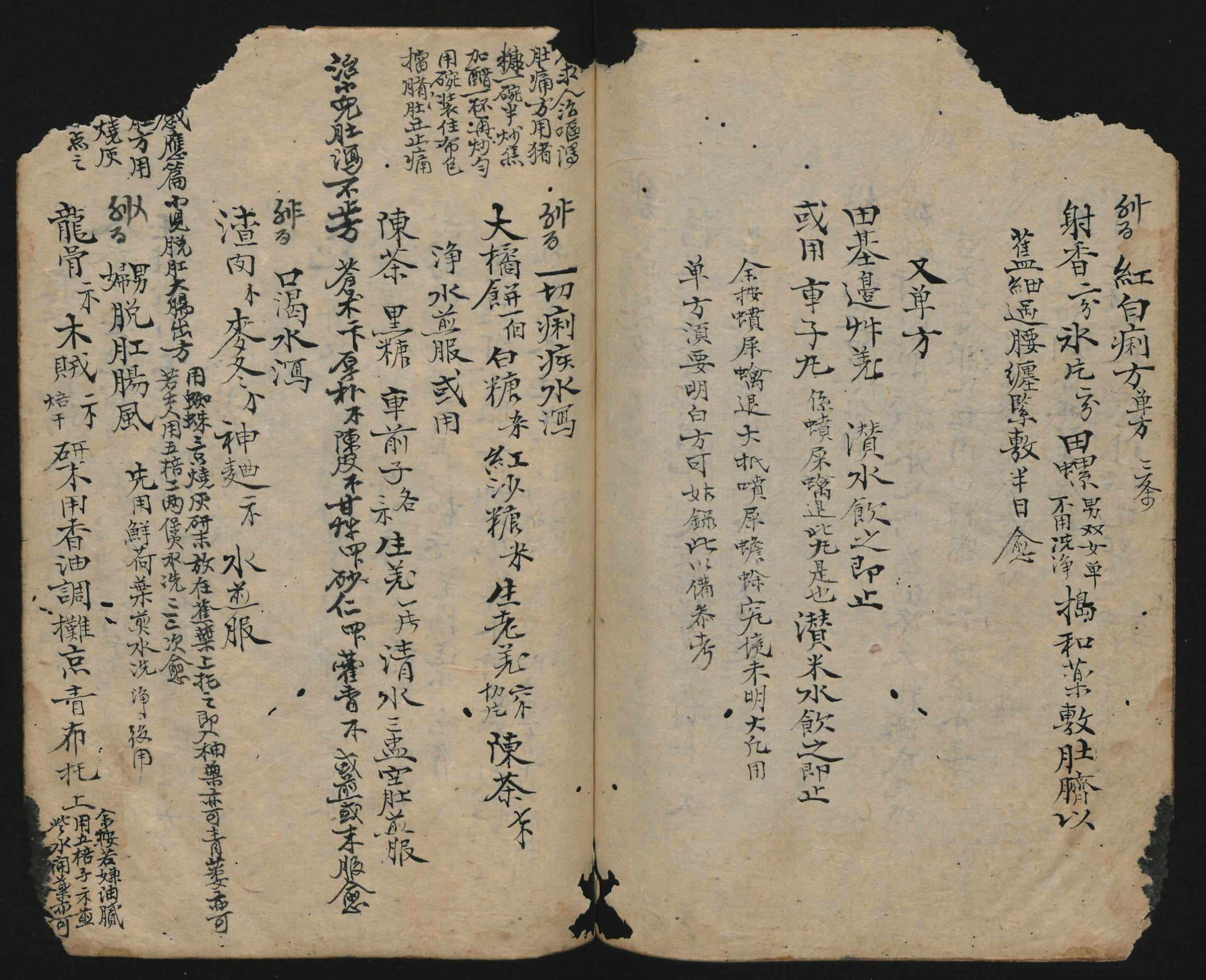Collecting and Exchanging Medical Recipes in the Age of Print
Recipe Manuscripts in 19th and Early 20th Century China
2022–2025
FNT07

Recipes had long remained marginalised sources that rarely raised interest beyond the narrow confines of culinary and medical history. In recent decades, however, they have become a hot topic in the fields of history of science and knowledge. Researchers have not only drawn attention to the crucial importance of recipes as an ‘epistemic genre’ for the production, exchange and transmission of knowledge and their ubiquity in various cultures from ancient times until today; they have also begun to acknowledge the research value of recipe books – collections of individual recipes – as physical manifestations of these practices. This is particularly true for recipe manuscripts, since their contents and physical features yield a wealth of information about the ways in which recipe collections were produced and used. For example, recent research on early modern English recipe manuscripts has provided some stimulating results. In contrast, the study of Chinese medical recipe manuscripts is almost uncharted territory, especially for manuscripts from the 19th or early 20th century.
The present project aims to shed light on the socio-cultural history of recipe collecting and exchange in China during that period. It conducts an in-depth analysis of one particular recipe manuscript from the Unschuld collection in Berlin (Slg. Unschuld 8051), supplemented with a survey of other relevant manuscripts. Focusing on recipe attributions and inserted paper slips as well as on the temporal ‘layers’ of these recipe manuscripts, the project illuminates practices of recipe collecting and exchange. Identifying patterns of production and use, it determines the role(s) manuscripts played in this context at a time when lithographic and letterpress print were also becoming available in China.
People
Project lead: Thies Staack
Preceeding Project:
Folk Healing in Late Imperial China and Formatting Practices in Medical Manuscripts (2019-2022)
Project lead: Thies Staack
